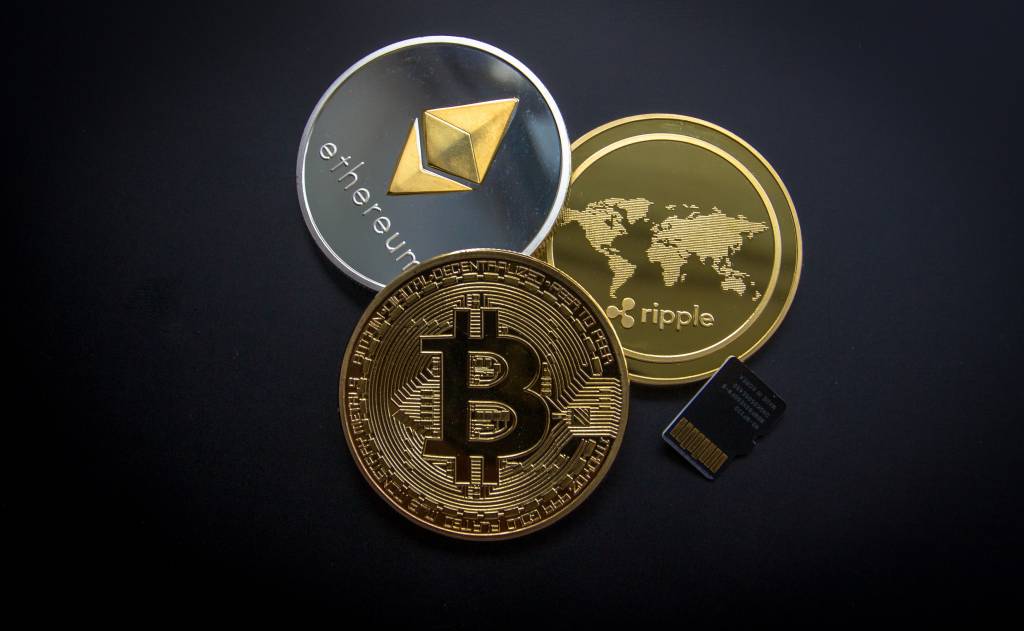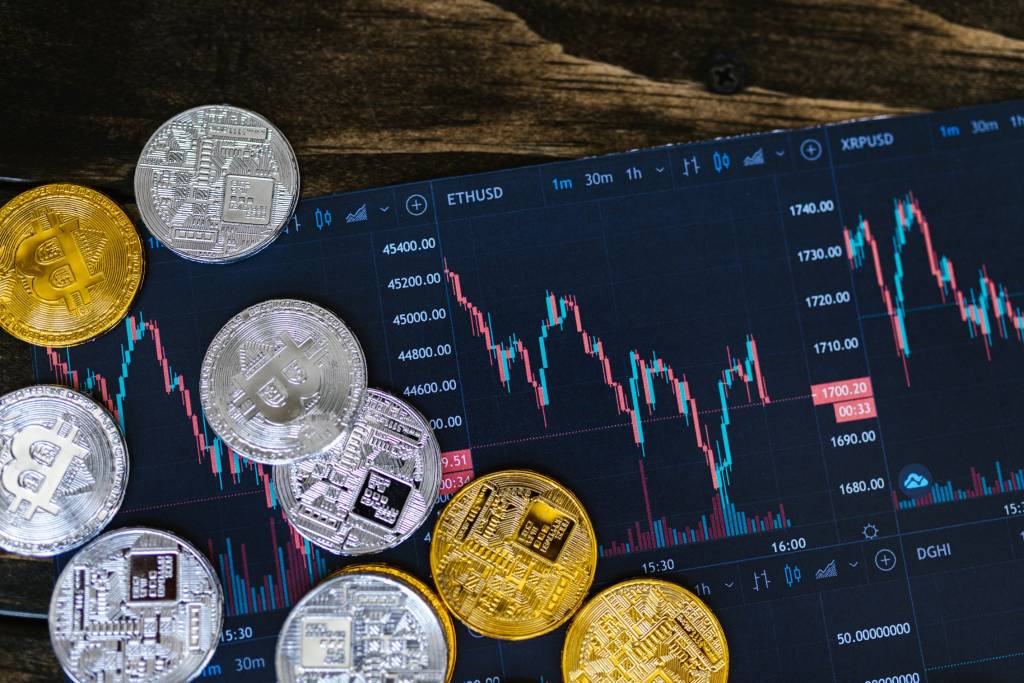Bitcoin in 2023.- What to expect
- by Mike Groenen
- 2023-03-14
- 1812 views
- Reading time: 7 minutes

Introduction
Bitcoin is a digital currency that allows people to exchange money without using banks or other financial institutions. It was created in 2009 by an unknown person or group of people under the name Satoshi Nakamoto.
Bitcoin uses peer-to-peer technology to operate with no central authority or banks; managing transactions and the issuing of bitcoins is carried out collectively by the network. Bitcoin is open-source; its design is public, nobody owns or controls Bitcoin and everyone can take part. Through many of its unique properties, Bitcoin allows exciting uses that could not be covered by any previous payment system.
The History of Bitcoin
Bitcoin was created by an unknown person or group of people under the name Satoshi Nakamoto. The identity of Nakamoto has been a mystery since Bitcoin's inception, with various theories about who they are. In 2008, Nakamoto published a paper titled "Bitcoin: A Peer-to-Peer Electronic Cash System" and released it as open-source software. This paper detailed methods for using a peer-to-peer network to generate what was described as "a system for electronic transactions without relying on trust."
The Current State of Bitcoin
Bitcoin is a digital currency that's not controlled by any central bank or government. It was created in 2009 by an anonymous programmer who goes by the name Satoshi Nakamoto, who remains anonymous to this day.
Bitcoin is often referred to as "digital gold" because it has many of the same characteristics as gold: it's scarce, finite and can't be created out of thin air; it has value based on its scarcity; and it can be used as a store of value (similarly to how people buy gold bars).
The price of bitcoin fluctuates wildly due to speculation about its future value -- but there are also some fundamental reasons why people might want bitcoins: They allow for fast transactions between parties anywhere in the world without having to rely on banks or governments; they're secure because all transactions are recorded publicly; they're impossible for anyone else but you (or whoever possesses your private key) to access your funds if lost or stolen; etcetera...
The Future of Bitcoin
Bitcoin has been around for 10 years, and it's still going strong.
In the next decade, there will be many changes to how people use bitcoin. Some things will stay the same; others will be completely different than they are now. Here are some things that might happen:
- Applications for Bitcoin may expand beyond payments and currency exchange into areas like smart contracts, identity verification, supply chain management and more. This could lead to a wider adoption of cryptocurrencies as an alternative payment method by businesses that want faster processing times than offered by traditional credit card processors or banks--and lower fees as well.* The regulatory landscape surrounding cryptocurrencies is still uncertain in many parts of the world; however there has been progress toward greater clarity in certain regions such as Japan where lawmakers recently passed legislation recognizing digital currencies as legal tender.* If these trends continue then we could see an increase in demand from investors looking at Bitcoin as an investment opportunity rather than just another way to pay for goods online.*
Bitcoin Mining
Bitcoin mining is the process of adding transaction records to Bitcoin's public ledger of past transactions. This ledger of past transactions is called the blockchain, which can be used to verify the legitimacy of any Bitcoin amount.
Bitcoin mining requires a lot of resources and energy, but it also has potential rewards. If you're interested in getting started with Bitcoin mining, here are some things you should know:
Bitcoin Wallets
There are many different types of Bitcoin wallets, but they all fall into one of two categories: hot and cold. A hot wallet is connected to the internet and can be used at any time, while a cold wallet does not have an internet connection and must be accessed physically (e.g., by plugging it into a computer).
Cold wallets are more secure than hot ones because they're less likely to be hacked or otherwise compromised by hackers. However, they also come with some downsides: you won't be able to access your funds as quickly if you need them urgently; and if your device malfunctions or breaks down, there's no way for anyone else--even yourself--to recover those funds unless you have backups stored elsewhere (like on paper).
Bitcoin Trading
Trading bitcoin is a simple process that can be done from the comfort of your own home. You can buy or sell bitcoin on exchanges, which are websites where buyers and sellers meet to exchange their coins for other cryptocurrencies or fiat money (i.e., USD).
There are several ways to trade bitcoins:
- Exchange-based trading platforms - These sites allow users to buy and sell bitcoin in exchange for other cryptocurrencies or fiat money like dollars, euros and yen. They include Coinbase Pro (formerly GDAX), Kraken and Bitstamp among others.
- Peer-to-peer exchanges - These sites connect buyers with sellers directly so they don't have to pay transaction fees as they would with an exchange-based platform like Coinbase Pro where there are often higher fees due to overhead costs associated with running such large businesses like hiring customer support staff members who speak multiple languages fluently so they can assist customers around the world easily if needed; maintaining security measures such as two factor authentication which prevents hackers from accessing accounts without permission from both parties involved; etc...
The Pros and Cons of Bitcoin
Bitcoin is a digital currency that has no physical form and exists only online. It was created by an anonymous programmer or group of programmers known as Satoshi Nakamoto in 2009. Bitcoins can be used to buy goods and services, or they can be held as an investment.
Bitcoin offers several benefits over traditional currencies:
- It's decentralized--no single institution or government controls the supply of bitcoins. Instead, they are created through a process called mining that involves solving complex math problems with powerful computers (more on this below). This ensures that no one person can control the currency's value or use it for fraud purposes like counterfeiting money. In addition to being decentralized, bitcoin transactions are also anonymous; all you need is an email address to start buying bitcoins from an exchange platform such as Coinbase or Binance.* There are no transaction fees when sending money across borders using bitcoin because there aren't any banks involved in processing payments.* You don't need any special hardware or software for mining bitcoins--just a computer connected to the internet!
Conclusion
In summary, Bitcoin is a digital currency that allows people to send and receive money without the need for banks. It was created by an anonymous person who goes by the name Satoshi Nakamoto in 2009.
Bitcoin has been around for 10 years now and has gone through many ups and downs during this period. However, it has proven to be resilient against attacks from both hackers and governments alike because of its decentralized nature which makes it impossible for any single entity to control Bitcoin transactions or its supply rate (the number of new Bitcoins being released).
The future of Bitcoin looks bright as more companies are accepting payments in BTCs as well as retail stores starting their own crypto ATMs so you can buy them directly from them instead of going through an exchange like Coinbase or Gemini where they charge higher fees than if you were just buying straight from another person online via PayPal or Venmo




